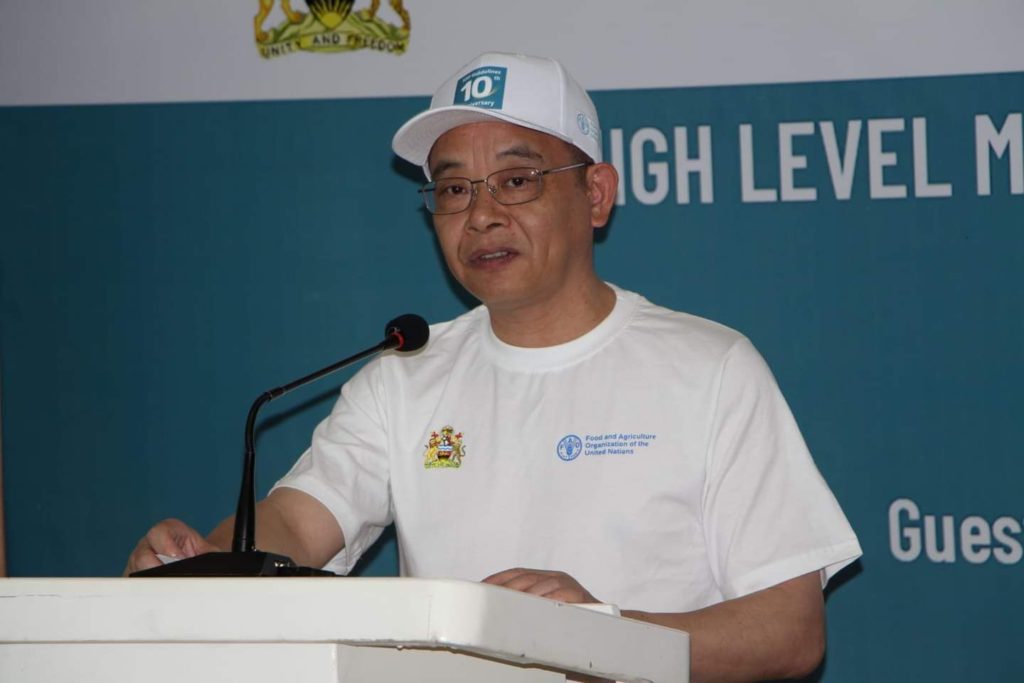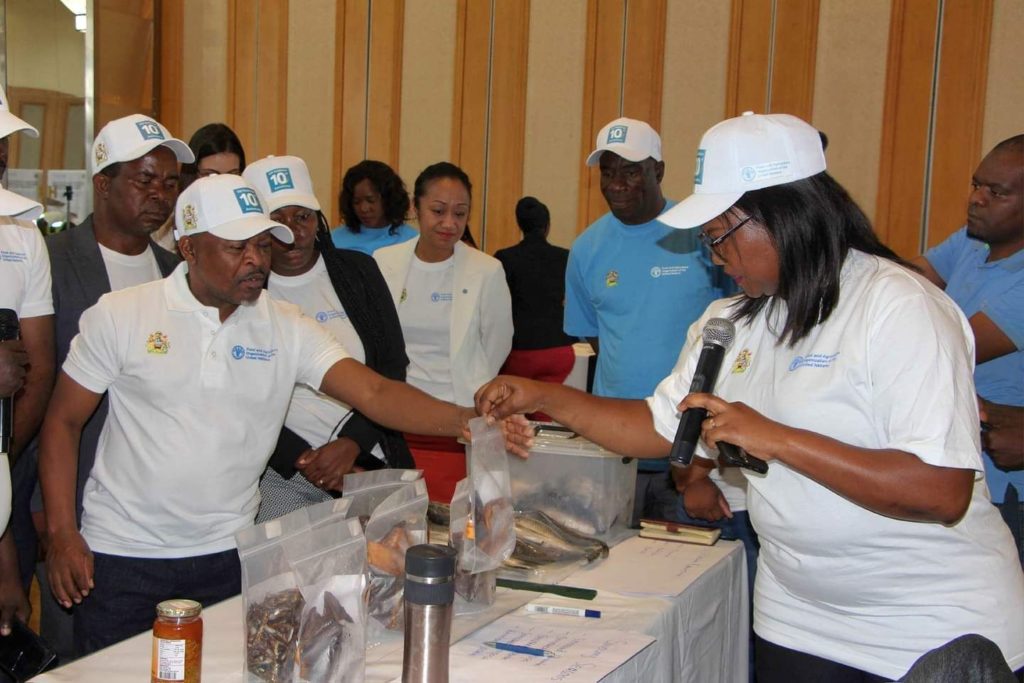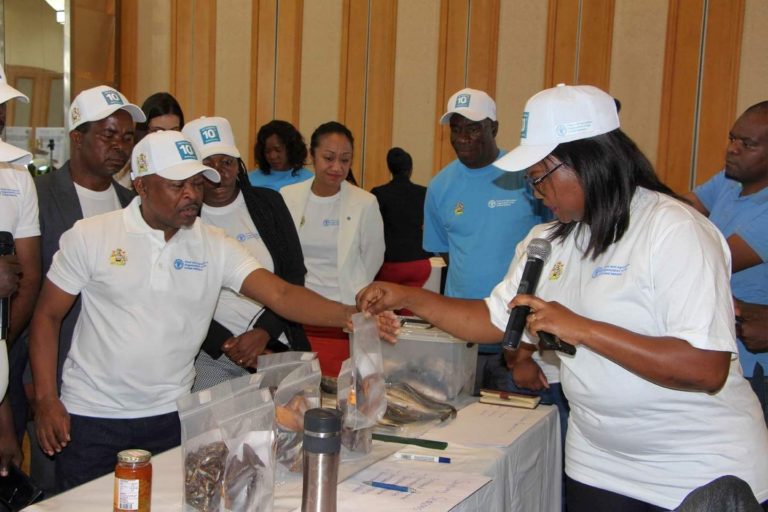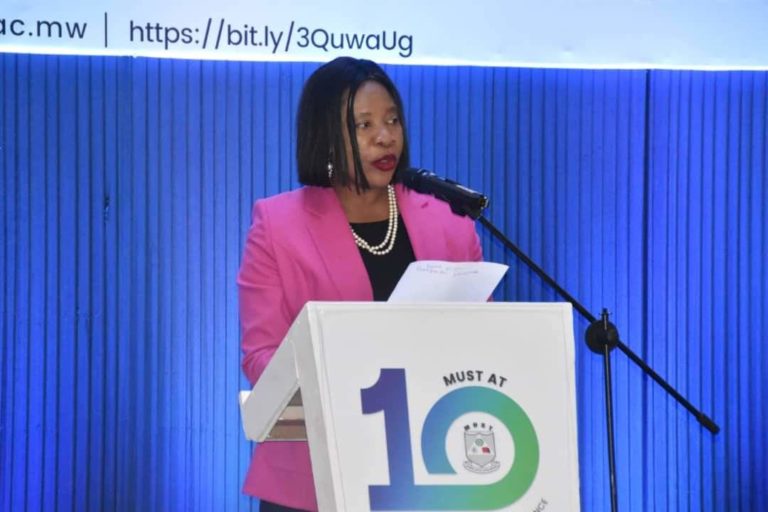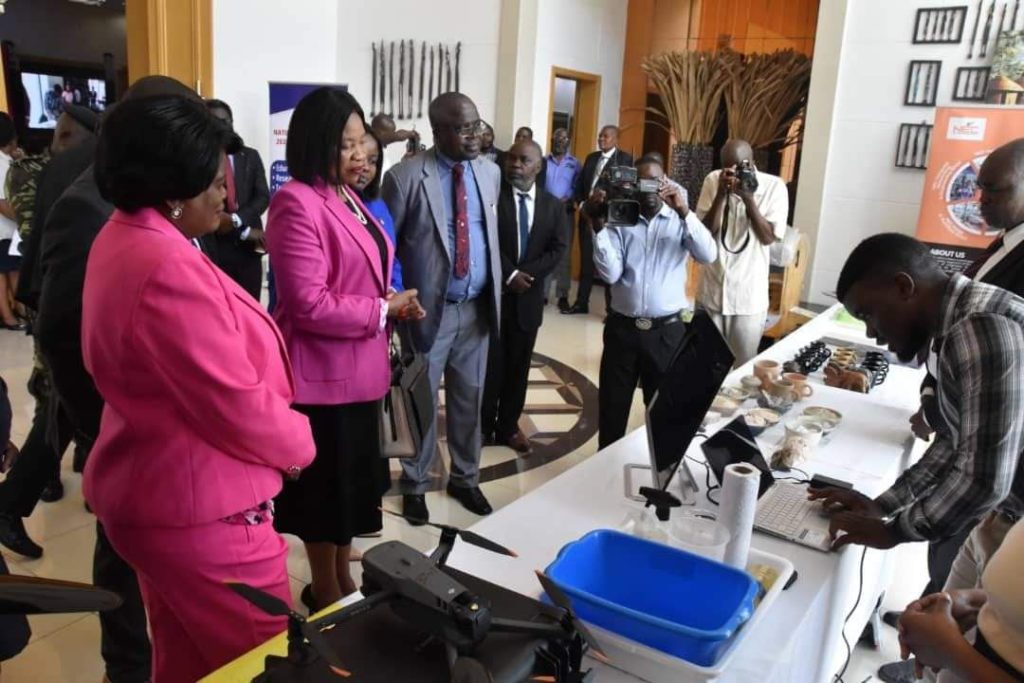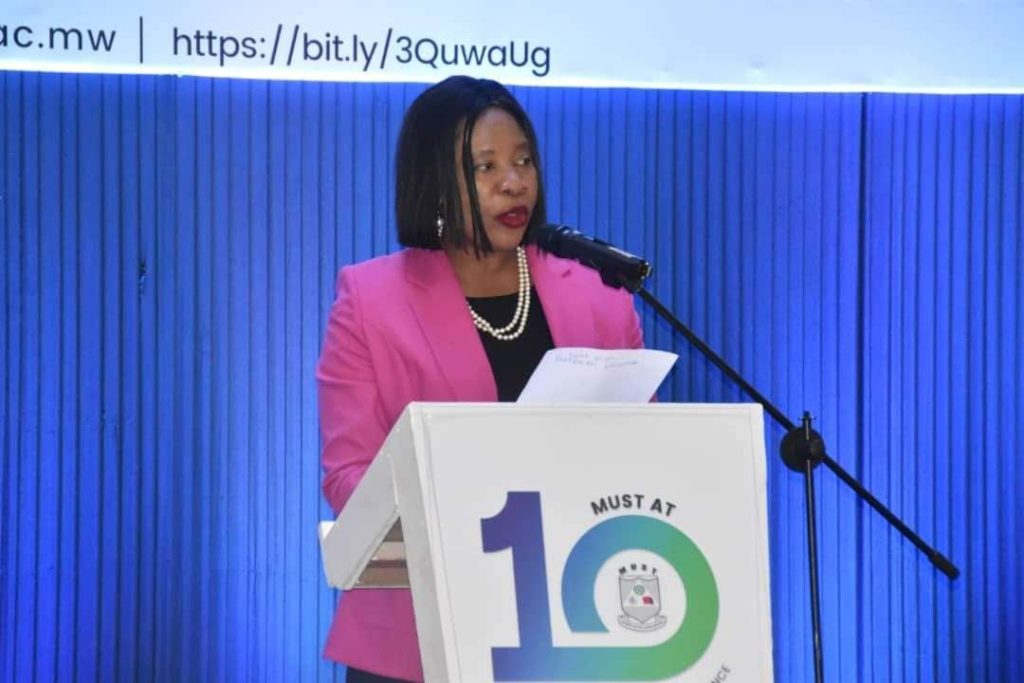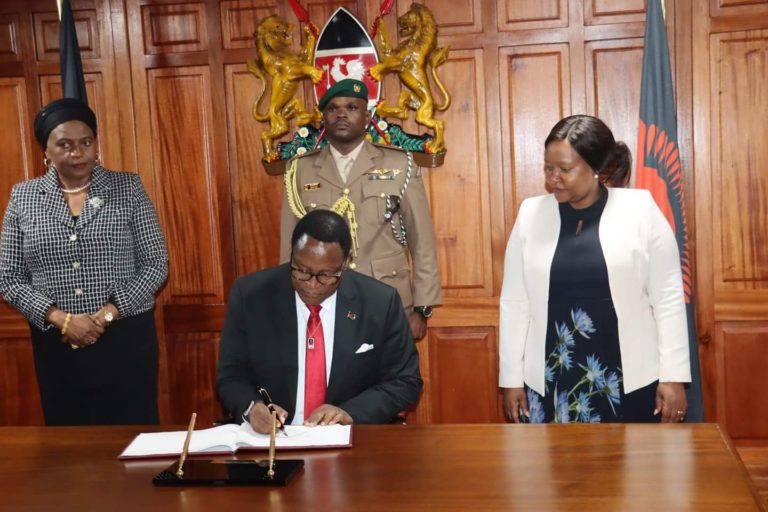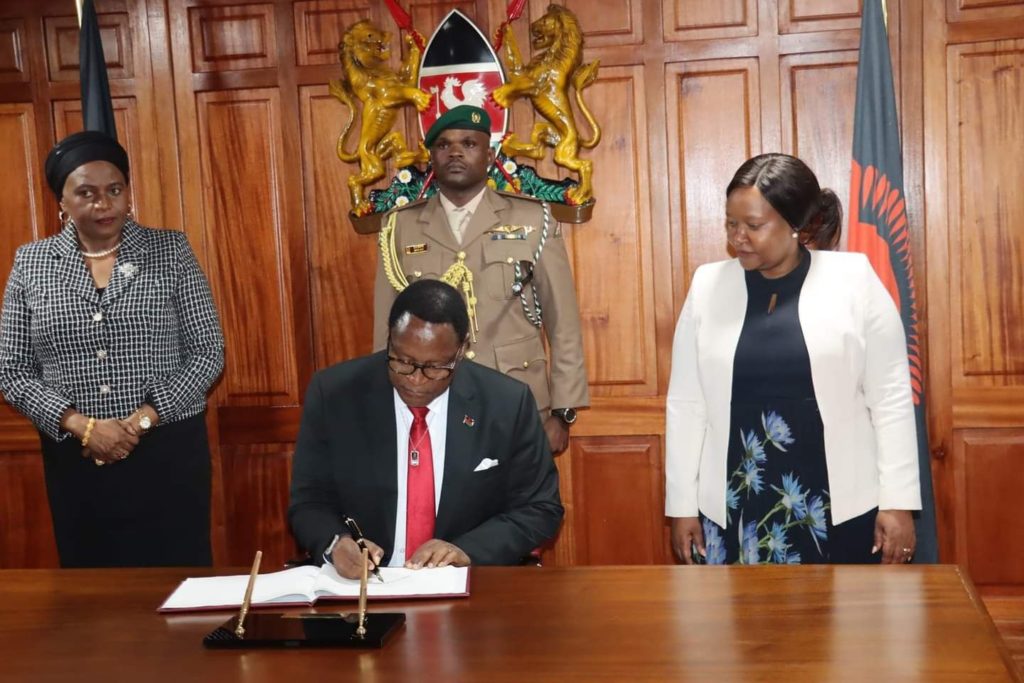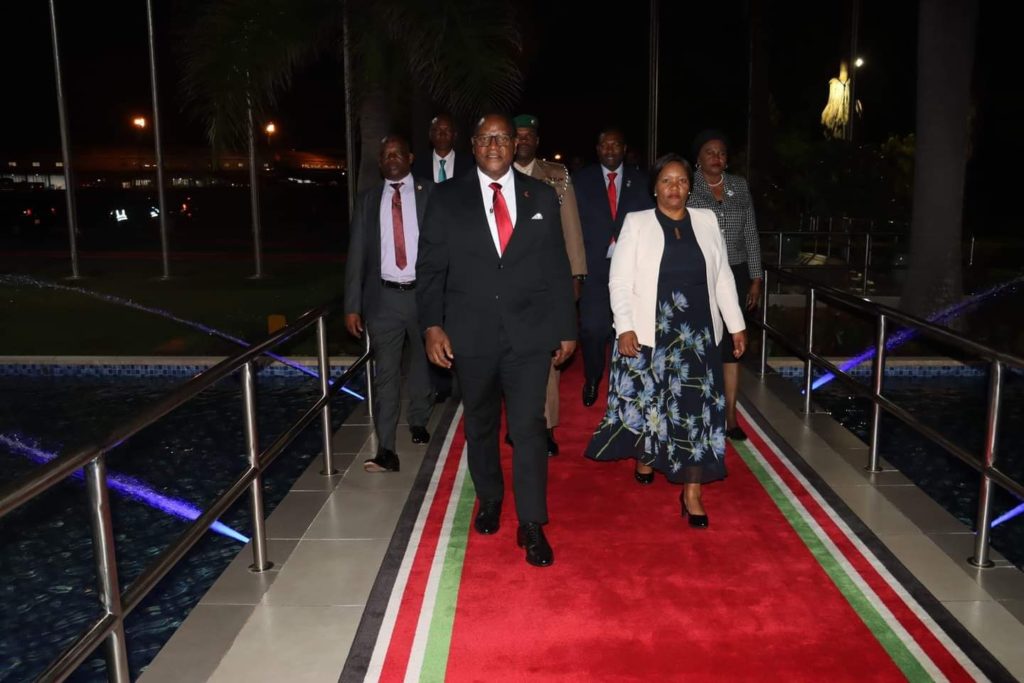By Sellah Chunda
Minister of Climate Change, Michael Usi has hailed the Department of Fisheries for tailoring Small-Scale Fisheries (SSF) guidelines to suit the country’s context.
Usi was speaking on Wednesday during a High Level Multi-Stakeholder Dialogue on National Plan of Action for Small-Scale Fisheries at Bingu International Convention Centre BICC in Lilongwe.
The Minister noted that the SSF guidelines have been formulated into a National Action Plan for Small-Scale Fisheries.
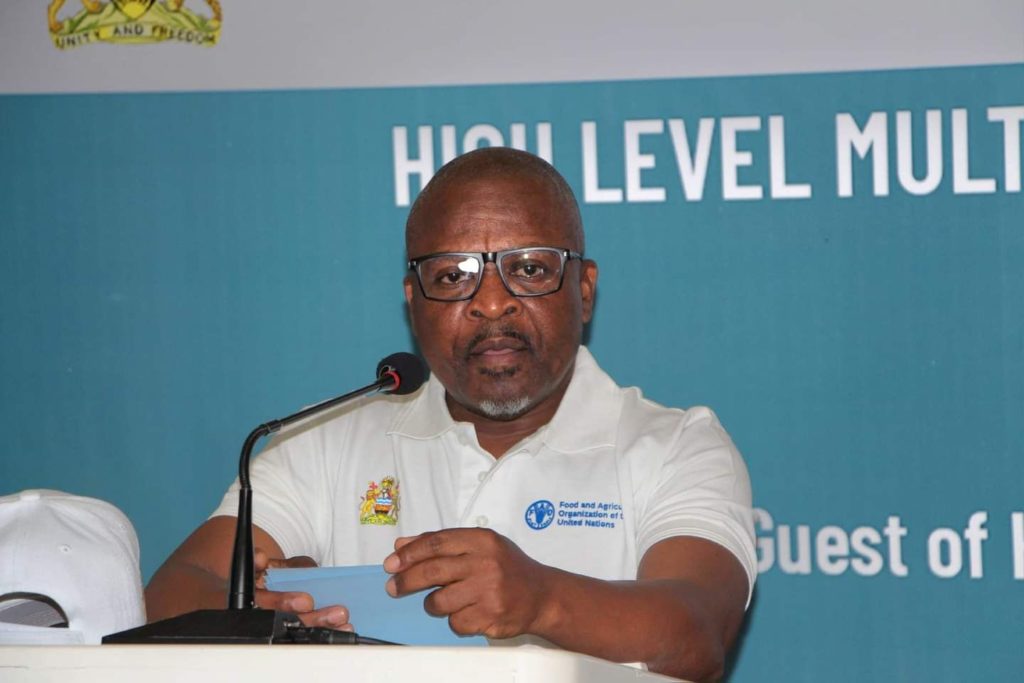
He then thanked Food and Agricultural Organization (FAO) and members of the Parliamentary Committee on Natural Resources for their support and joint efforts in organizing dialogues that have significantly influenced the development of small-scale fisheries plan.
Usi stressed the pivotal role of research in informing business practices to ensure fish accessibility for all and voiced expectations for tangible outcomes from the dialogue to tackle challenges and foster cooperation among Malawians.
FAO Representative to Malawi, Dr. Zhujin Chen said the dialogues are significant for Malawi’s food security, underlining the necessity for more action and guidelines to support individuals in the fisheries sector.
Senior Chief Makanjira of Salima underscored the significance of dialogue in confronting challenges such as fish scarcity, hardships endured by fishermen and boat operators.
He emphasized the necessity for autonomy, technology, guidelines, and strategies to bolster lake conservation efforts and enhance livelihoods.
A Promoter, Chimwemwe Chipala noted the importance of collective action among Malawians and fishermen to grasp the significance of fisheries conservation and sustainable practices.
He advocated for awareness regarding the repercussions of rising fish prices and the potential of innovative products like fish flour, sausages, and fish-based feeds to mitigate food insecurity.
The Dialogue served as a platform for stakeholders to reflect on achievements, tackle challenges, and map out a sustainable trajectory for the country’s small-scale fisheries sector.
